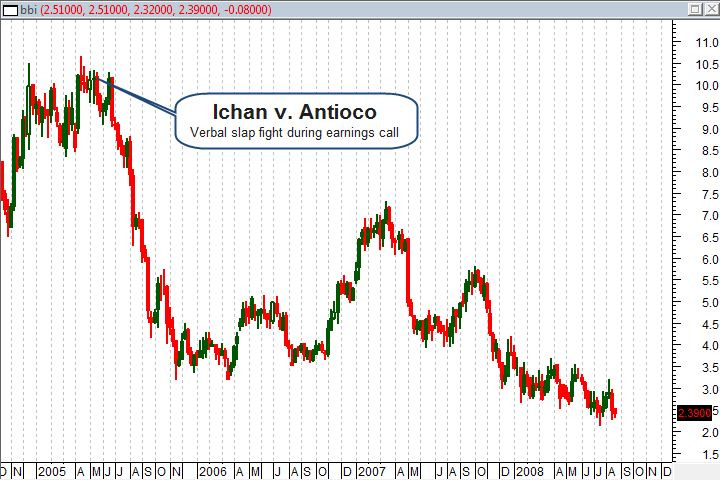Are Analysts’ Estimates Important to Stock Prices? – Part 2
Part 1 of our 2 part series breaks down analysts’ estimates and their affect, if any, on stock prices in the long term. See part 1 of “Are Analysts Estimates Important to Stock Prices?”
Analysts serve a useful purpose when they act as a company management team’s interrogator during earnings calls. Too many investors are ignorant of this role or of the ability to listen to analysts “grill” the CEO and management teams for a company they are invested in.
There are 4 times per year when you can actually listen to corporate strategy from the people responsible for creating and executing that strategy. Why bother with a bunch of extra analysis? Get it from the “horses mouth.” Analysts participating in those calls are allowed to ask questions and may seek clarifications that are useful to you as an investor.
Those question and answer segments of the earnings call are treasure troves of information often lasting more than an hour. Sometimes they are a little funny like the notorious “my bad” explanation from ^OSTK^ CEO Patrick Byrne in October of 2005. Other times they are gut-wrenchingly uncomfortable like the verbal slap fight between ^BBI^ CEO John Antioco and billionaire investor Carl Ichan at the top of an unfortunately short lived rally for that stock. Other times they may reveal serious management-related problems that were obfuscated in the earnings reports.
For example, many times analysts will identify management compensation problems or other issues related to shareholder dilution that may not be obvious otherwise. Many times minor revolts on an earnings call about a dilutive options award or excessive bonus to senior executives is followed by significant declines in the stock’s price. These are extreme examples of earnings calls gone awry but they can also be very positive experiences for participants such as several of the recent reports from ^AAPL^.
There is no other time when management will be this transparent and unguarded to its shareholders. The Q&A session clarifies strategy and provides insight into investor and management confidence. Accessing these calls is easier than you may think and you can even review calls from the past. Most earnings calls are recorded and broadcast on the web in live and recorded formats. You may have to register for the broadcast, depending on who you access it from but it doesn’t normally cost you anything. Just plug the terms “earnings call” and a stock symbol (i.e. earnings call GOOG for ^GOOG^ into any web search engine and you will find plenty of free sources to access those calls.
The benefit provided by analysts in these calls are to ask the questions that shareholders should be asking. They seek clarifications and may root out information that was not apparent in the reports themselves. Because the calls are live, you can get a feel for the management team as people rather than numbers. Their tone of voice and clarity of vision can be good indications of management’s attitude towards the company’s strategy and their shareholders. If they can’t clearly articulate their strategy and performance in a way that you and the analysts can understand it is a big red flag.

John Jagerson is the author of many investing books and is a co-founder of LearningMarkets.com and ProfitingWithForex.com. His articles are regularly featured on online investing publications across the web.
